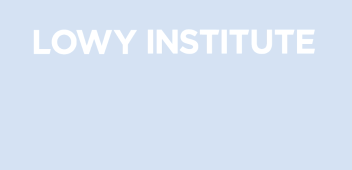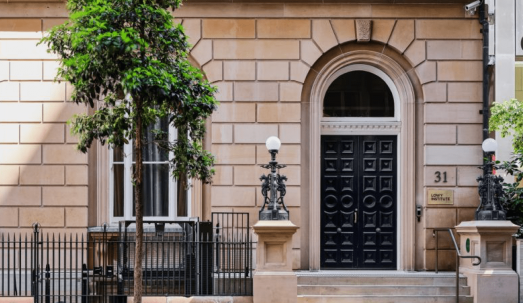Labor's AUKUS woes a boon for Beijing
Originally published in the Australian Financial Review, 3 November 2023.

For years, Australia has led the pack among advanced nations in pushing back against China. What happens when the roles are reversed, and Australia is making up with China faster than our allies?
Barely home from being feted in Washington, Anthony Albanese will be back on the plane to Beijing in days, the capstone of a year’s diplomacy to stabilise relations with China.
The latter, often comically hysterical in its rendering, is easily refuted. Hot on the heels of Albanese in Washington DC was China’s foreign minister, Wang Yi, who spent nearly 10 hours with administration officials, including Joe Biden.
The discussions in DC built on two other near marathon sessions between Wang and Jake Sullivan, Biden’s national security adviser, this year – two days in Vienna in May, and 12 hours face-to-face in Malta in September.
The intensive talks are aimed at ensuring that Biden and Xi Jinping have a substantive meeting at the APEC summit in San Francisco this month.
The same goes for Japan, Australia’s other major partner in the region. Its prime minister, Fumio Kishida, will meet his Chinese and South Korean counterparts this year in the first trilateral summit since 2019.
So, while Washington and Tokyo run the ruler over Albanese in China, they will be preparing themselves for their own summits. The only difference is that Australia’s ties with Beijing had fallen further and faster than our partners, and thus the make-up requires a steeper climb.
More to the point, Australia cannot prosecute an independent foreign policy without developing its own modus vivendi with Beijing. Not only is this in Australia’s national interest but such steady interactions also help build our ties in South-East Asia and the Pacific region.
Australia can be a better and more effective ally in the region if it is not viewed as a mere handmaiden for Washington. If that’s all we are seen as, why would regional countries bother to put effort into talking to us at all?
The more salient point about the Albanese trip, at least if we look at the policy component, is that his agenda in China is likely to be modest.
Wang and Sullivan, for example, have had three intensive sets of meetings to prepare for their leaders’ summit. Penny Wong last met her Chinese counterpart face-to-face in July.
There were tentative plans for Liu Jianchao, the head of the ruling Communist Party’s international department, a position with ministerial status, to visit Australia before Albanese’s trip. But that hasn’t materialised.
Don’t expect grand announcements
With such limited high-level contacts ahead of time, it is hard to see any grand announcements with geopolitical and alliance importance coming out of the visit. This is fine by Australia, as Canberra is not looking for grand announcements, but engagement.
There have indeed been trade-offs in arranging the trip, most notably the decision to leave untouched the lease held by a Chinese company of the Darwin Port, on the grounds that a “robust regulatory system” could manage any risks.
No doubt Labor feels it has political cover for this decision, as the original approval for the lease was in 2015, when the Coalition was in power in Canberra.
That may be the case, but over time the situation seems untenable, especially given the flurry of military investment in the Northern Territory in recent years. Sooner or later, the Chinese company will have to be bought out, or the lease cancelled.
Despite the elaborate diplomatic table setting on both sides, Beijing should be braced for disappointment on its big asks – support for joining a regional trade pact, silence on issues such as the South China Sea, and easier access to critical minerals in Australia.
Slow implementation
Although neither Xi nor Premier Li Qiang are likely to reference AUKUS by name in meetings, China might privately be more sanguine about the trilateral security pact between the US, the UK and Australia.
This is one area where the US is critical of Australia and the Albanese government’s failure to scale up procurement and defence spending. But this criticism is muted by Washington’s struggles to get AUKUS legislation passed.
Canberra’s slow implementation of AUKUS has many drivers, ranging from budget pressures to lukewarm support for the project in the Labor Party and its base.
And then there is the sheer, insurmountable ambition of AUKUS, not just to acquire nuclear-powered submarines but also to build some of the boats in Adelaide. Alexander Downer was surely right when he said in an interview in The Australian that the plan to construct the boats in Adelaide was a “fairytale” that could “drain the national economy”.
Downer’s view – which, in short, amounts to “yes” to acquiring the capability and “no” to the potentially ruinous industrial policy attached to it – enjoys a lot of silent support. The trouble is that Albanese’s main pitch for AUKUS so far is exactly that – industry policy.
Short of a wartime-level mobilisation of resources, the submarine project is in trouble – until that pitch changes.


